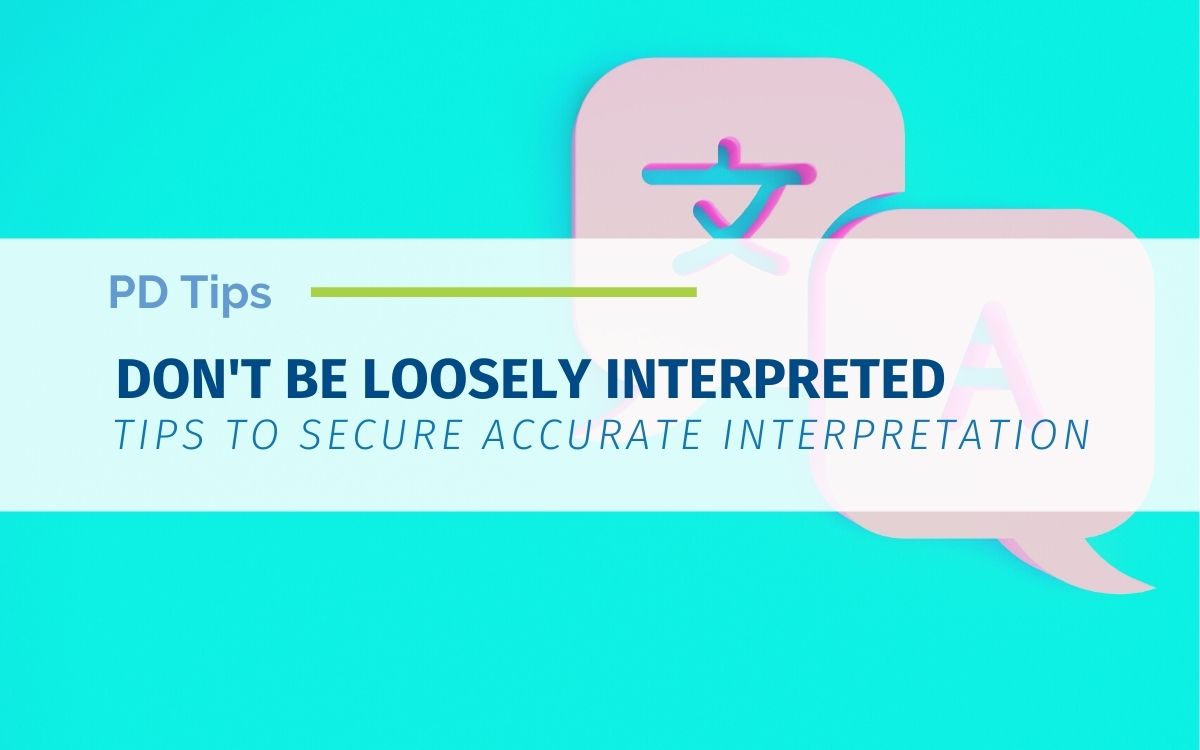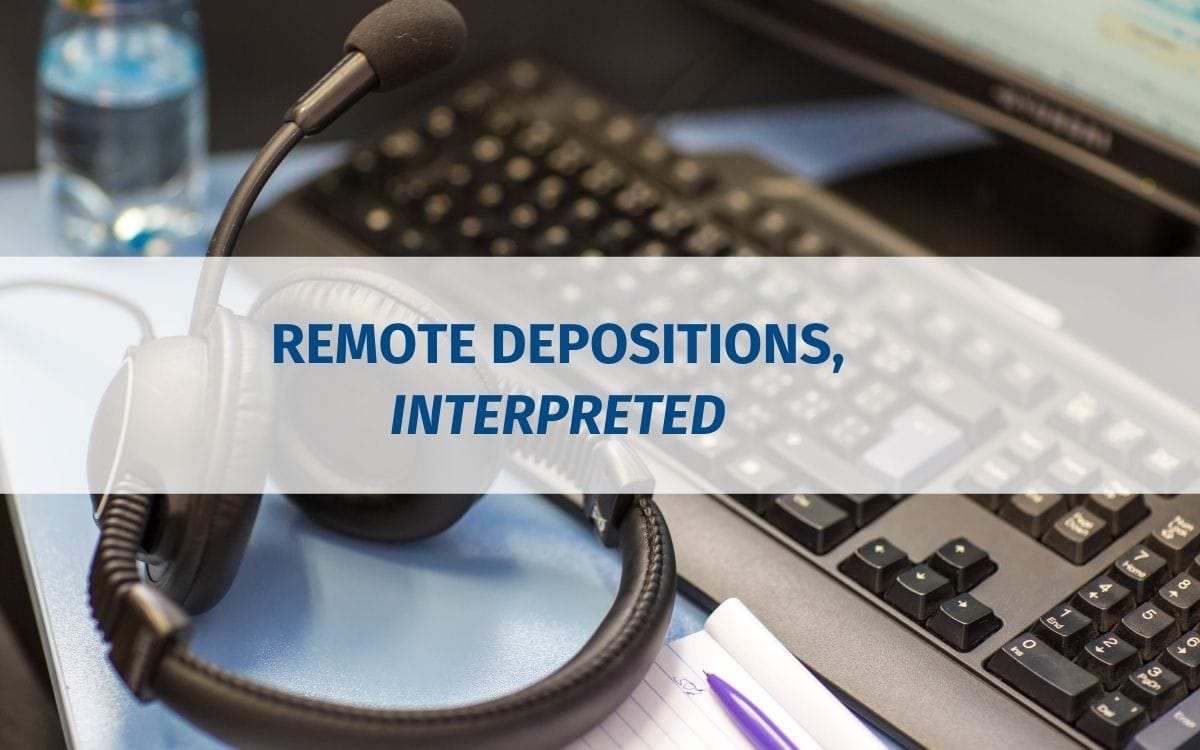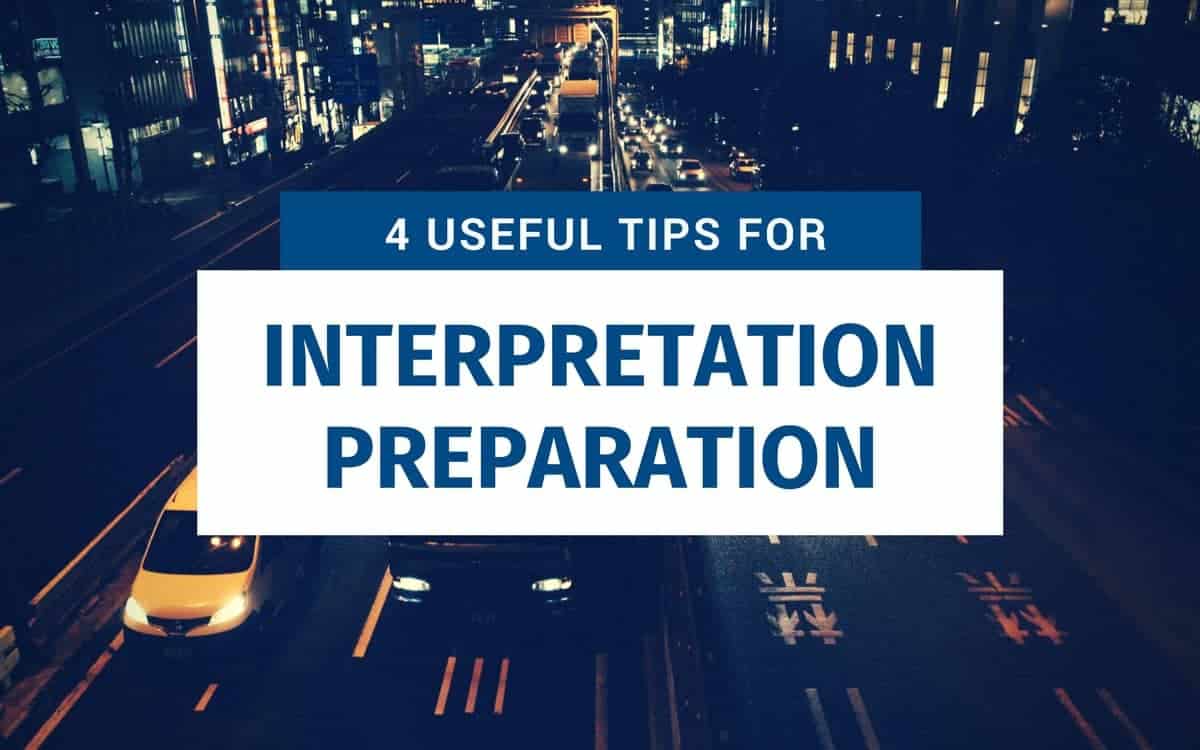Translator or Interpreter: What’s the Difference?
Ever wonder what the difference is? Think they were the one and the same? What’s the difference? The Supreme Court’s ruling of May 21, 2012, in Taniguchi v. Kan Pacific Saipan, Ltd., differentiated between the two by indicating that a translator is someone who works with written communication, while an interpreter works with oral conversation.
That ruling resulted from a case brought by professional baseball player Kouichi Taniguchi, who fell through a wooden deck in the Marianas Resort and Spa in the Commonwealth of the Northern Mariana Islands. Kan Pacific obtained summary judgment in its favor and subsequently asked for reimbursement of its expenses related to translation of written documents into Japanese, which exceeded $5,000, and cited Title 28 U.S.C. §1920(6). The Supreme Court held that that statute applied strictly to interpreter fees, not translator fees, and relied upon several dictionaries for each definition, including the 1978 Oxford English Dictionary, for clarity.
Planet Depos understands that while interpreting and translating are closely related professions, the differences between the skills, training and knowledge base of the two is what separates them. As Language Scientific points out, “the most important mark of a good translator is to be able to write well in the target language,” while an interpreter “has to be able to translate in both directions.” Engaging a realtime court reporter for proceedings that require an interpreter helps alleviate misinterpretation of what a witness is saying, because the interpreter has access to the realtime feed and no longer has to rely solely on his or her memory of what was said. At Planet Depos, a laptop computer with realtime software is provided for the interpreter at no extra charge.
World Services lists mishearing what someone is saying as the fourth most frequent interpreter mistake; however, when coupled with an interactive realtime feed, errors in interpretation – and in extreme cases, those which have resulted in a mistrial — can be alleviated altogether.
When arranging for an interpreter, you will want to provide the agency that will be contracting the interpreter with not only the date, location, time, and language, but also the subject matter so that the agency will be able to match the interpreter to your specific needs. Lastly, when scheduling the interpreter for your matter, be aware that the duration of the proceeding is likely to be significantly longer when taking into consideration the additional time necessary for the actual interpretation of the testimony.
Read More From Planet Depos

Don’t Be Loosely Interpreted – 8 Tips to Secure Accurate Interpretation
“Loose lips sink ships.” Admittedly, this phrase refers to secret spilling rather than poor interpretation, but it certainly applies to the catastrophic effect shoddy interpretation can […]
Read Now View Full Post
Remote Depositions, Interpreted
Interpretation can be a little tricky in a remote deposition, so all the these steps to guarantee the best quality audio are critical.
Read Now View Full Post
At A Glance: Taking Depositions in Europe
The advantages of taking a deposition in Europe are numerous, from landmarks to food, but attorneys planning European depositions will discover a few extra steps when scheduling.
Read Now View Full Post
4 Useful Tips for Interpretation Preparation
Interpreting technical depositions is a grueling task for even a seasoned interpreter. Here are four interpretation prep tips to ensure great results!
Read Now View Full PostSchedule a Proceeding Today!
Your remote mediation should be simple, and with Planet Depos yours will be. Schedule today and we’ll get you set up with a Zoom room, a PD Technician, and everything you need to get started.
Schedule now